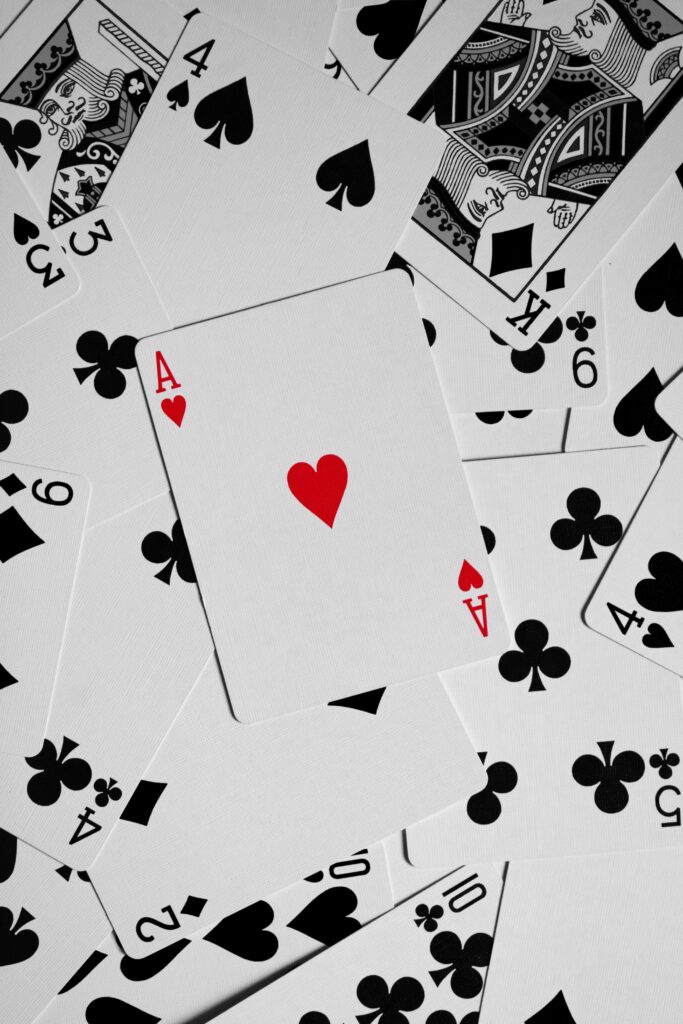I’m going to take a closer look at this pernicious problem, but here’s what you need to know to start…
There’s good news, at last, for the many people affected by gambling. Some of the proposals set out in a recent white paper here in the UK might finally come into effect, following the admission last year from the Gambling Commission that the rates of problem gambling are likely to be more than eight times higher than previously thought. It’s now believed that 2.5% of the British population, which would equate to 1.3million people in Britain, are suffering with problem gambling and a further 105,000 children are at risk or addicted.
New regulations will mean that the amount that can be staked on one spin of an online slot machine will be capped at £5 and £2 for younger players. Currently, there is no limit on how much gamblers can stake. Betting firms will pay a mandatory levy that will fund treatment of gambling addiction and tighter protection checks will come into place for new players. There will also be larger fines for companies who allow players to lose vast amounts. Recently one high street firm was fined £19 million for a series of failures including allowing a customer to spend £23,000 in just 20 minutes!
And while it’s great that gambling is under government scrutiny and any restrictions will be welcome, ask any gambling charity or the widow of a gambler who took their life (every day in the UK, at least one person takes their own life because of gambling), and they will tell you more desperately needs to be done.
There’s no doubt that gambling is prolific and right now, it’s never been easier to get sucked into the world of betting. There’s more to it than all the high street betting shops. There are arcades, bingo halls, casinos, gaming machines and lotteries. All of them present the illusion of easy money, but the odds are never really in your favour. And if we needed more evidence that when it comes to betting the house always wins, three years ago the head of the betting firm Ladbrokes, admitted in front of a government select committee that “ninety-nine per cent of our customers will lose”.
Of course, just as there are many people who can enjoy a drink without becoming an alcoholic, many Brits can enjoy the occasional flutter without heading for financial ruin. But anyone who gambles is at risk of developing a gambling problem and the consequences for those affected by problem gambling are incredibly severe, so it’s important to know the warning signs.
According to the most important psychological textbook, the DSM 5 (Diagnostic and statistical Manual of Mental Health), gambling disorder sits alongside other behavioural addictions. To be officially diagnosed with gambling disorder, a person needs to have exhibited at least four of nine specific warning signs over a 12-month period. If you’re worried that you or a loved one has a problem, ask yourself how many of the following statements you or they would answer YES to…
- I need to gamble with increasing amounts of money to achieve the desired excitement.
- I am restless or irritable when attempting to cut down or stop gambling.
- I have made repeated unsuccessful efforts to control, cut back, or stop gambling.
- I am often preoccupied with gambling (e.g., having persistent thoughts of reliving past gambling experiences, or planning the next venture, thinking of ways to get money with which to gamble).
- I often gamble when feeling distressed (e.g., helpless, guilty, anxious, depressed).
- After losing money gambling, I often return another day to get even (“chasing” one’s losses).
- I lie to conceal the extent of involvement with gambling.
- I have jeopardised or lost a significant relationship, job, or educational or career opportunity because of gambling.
- I rely on others to provide money to relieve desperate financial situations caused by gambling.

Three things to bear in mind…
- It is important that the gambling cannot be explained by a manic episode.
- There is a distinction to be made between episodic gambling and persistent gambling. If symptoms subside for at least two months between bouts of gambling, the problem is episodic. If the problem never eases up, it is persistent.
- Lastly, a person is only deemed to be in remission from a gambling disorder if none of the criteria is met for at least one year.
Getting help to stop gambling
Quitting gambling is no easy feat and there is no pill you can take that will quieten the urge to gamble (although if anxiety or depression is fuelling the gambling, that can of course be helped with medication). Professional counsellors and therapists will typically advise individual therapy as well as attending a specialist support group.
Where to turn
Gamblers Anonymous www.gamblersanonymous.org.uk
Gam Anon www.gamanon.org.uk
Gam Care www.gamcare.org.uk
Gamble Aware www.begambleaware.org


